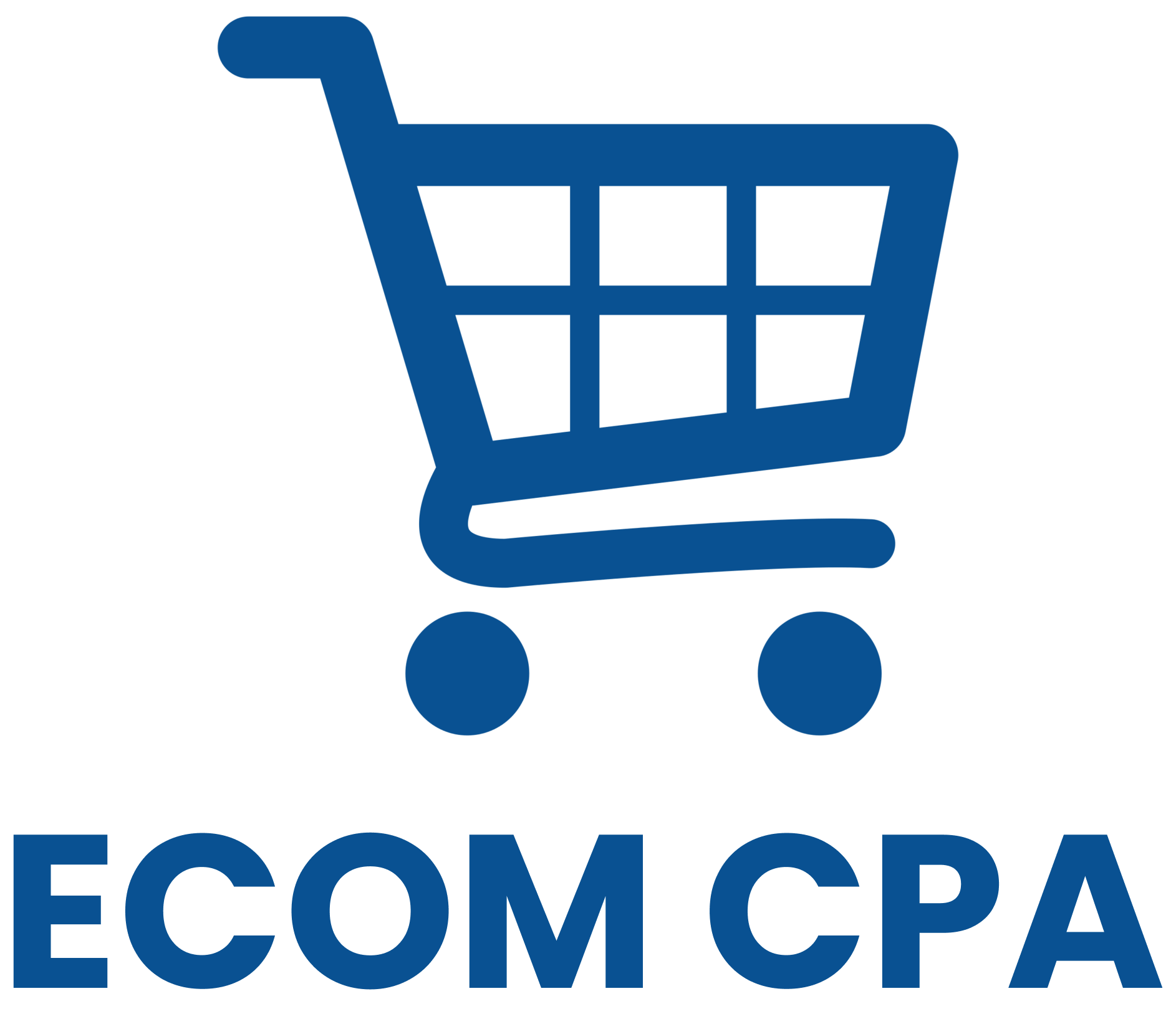What Businesses and Individuals Need to Know About PPP loans, Tax Credits, and More
On December 27, 2020, facing an imminent government shutdown, President Trump signed the much-debated COVID Relief & Omnibus Agreement. A follow-up to the CARES Act of March 2020, this legislation strikes the same notes by offering beneficial tax credits, forgivable business loans, and individual stimulus checks.
Although many of the details of these provisions have not yet been released, here are some of the highlights of the agreement.
COVID Relief For Businesses
Businesses who have been hit hard by the pandemic shutdowns will find some favorable provisions in the Act. The CARES Act received criticism for it’s failure to ensure that COVID relief reached those businesses that needed it the most – this Act aims to correct that.
Paycheck Protection Program
The popular Paycheck Protection Program (PPP) is being expanded to provide a second round of loans for small businesses. Businesses may qualify if they have experienced a 25% reduction in quarterly revenue from 2019 to 2020. This round will be open for applications through March 31, 2021.
Although the core features of the loan remain the same (fully forgivable with at least 60% of proceeds going to payroll) the maximum loan amount has been capped at $2 million. This is significantly lower than the $10 million cap in the first round of PPP funding.
Additionally, modifications to the loan program have been made to better serve organizations which are suffering the brunt of the pandemic stress. This includes nonprofits, restaurants, live venues, independent movie theaters, and cultural institutions.
Guidance on PPP loan forgiveness has also been improved. A simplified forgiveness process for PPP loans of $150,000 or less may require only a one-page form. Congress has required the SBA to release this form within seven days of the new bill’s enactment. Under the new Act, expenses paid for with PPP funds will now be allowed to be tax deductible. Previous IRS guidance on the loans had clearly stated these expenses would not be tax deductible.
Grants and Tax Credits
Additional provisions businesses should be aware of include:
- a $20 million program to expand EIDL grants for struggling businesses;
- a $15 billion grant program designed to assist live venues, theatres, museums, zoos;
- extension of the Employee Retention Credit;
- a tax credit for employers offering paid sick leave to employees;
- continuation of the New Markets Credit & Work Opportunity Tax Credit (WOTC); and
- extensions of several clean energy tax credits.
COVID Relief For Individuals
Currently, the government will issue stimulus checks of up to $600 per adult and child. Individuals earning more than $75,000 and couples earnings more than $150,000 would see a reduced payment, with payment phasing out completely by $87,000 and $174,000.
Although the stimulus checks authorized by this bill are not as robust as the first round of stimulus checks, a bill now in Congress endeavors to raise the individual COVID relief from $600 to $2000 per person.
The new legislation also ensures that unemployment recipients receive an additional $300 per week through March of 2021.
Tax provisions of the bill include:
- mortgage debt forgiveness exclusion from income, extended for five years;
- an expanded Low Income Housing Tax Credit;
- improved Earned Income Tax Credit & Child Tax Credit, which allows a “lookback” to 2019 income;
- an exception for 2021 and 2022 allowing business meal expenses to be 100% tax deductible (under the TCJA this was reduced); and
- lower excise tax rates for beer, wine, and spirits makers.
These changes to tax law and business policies may impact how your business should plan for the coming year. ECOM CPA can help!




